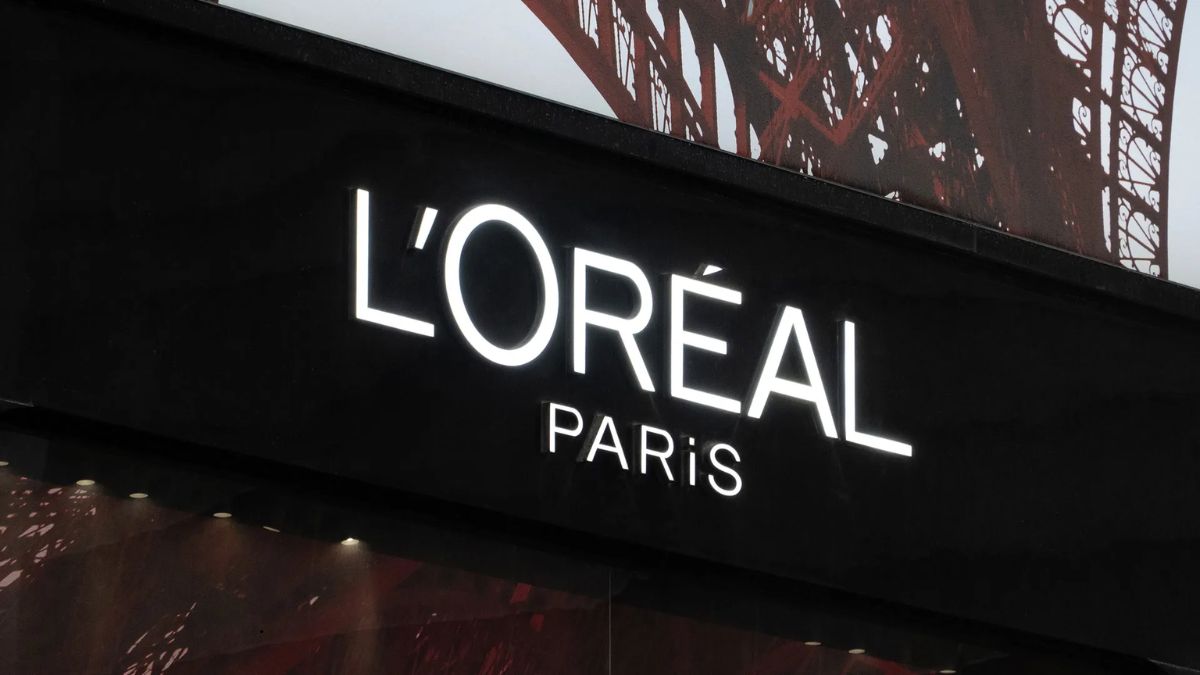
In the advertising world, some taglines transcend product promotion and become powerful cultural statements. L’Oréal’s legendary slogan, “Because You’re Worth It,” is one such example.
Launched in 1971 during the height of the feminist movement, the slogan was a radical shift from traditional beauty messaging. At a time when ads often portrayed women as objects of admiration or as caretakers for others, L’Oréal spoke directly to women—for the first time—not about how they looked, but how they felt.
A sentence that sparked a movement
The line was created by a young female copywriter at McCann Erickson, Ilon Specht, in response to a male-dominated advertising industry. Her aim was to communicate that beauty was not something women owed to others, but something they could claim for themselves.
The message was simple yet revolutionary: You deserve quality. You deserve to feel good. You are not spending; you are investing—in yourself.
It positioned makeup and personal care not as tools to attract men, but as acts of self-love. That one line turned a lipstick into a symbol of self-worth, a concept that still resonates deeply with consumers more than 50 years later.
Why it works
“Because You’re Worth It” stands out because it taps into emotion and identity, rather than just utility. It moves beyond product features to affirm the consumer’s value. Psychologically, it reinforces self-esteem and justifies spending as an act of empowerment, not indulgence.
That emotional appeal is timeless. It’s why the slogan remains largely unchanged even as advertising trends have come and gone. Over the years, it evolved to be more inclusive—“We’re Worth It” and “You’re Worth It Too”—but the core message of dignity and confidence remains intact.
Cultural impact
L’Oréal’s slogan wasn’t just good branding—it became a cultural touchstone. It aligned with the rise of women’s autonomy, the shift in gender roles, and the growing emphasis on mental well-being. Today, it continues to be echoed in campaigns that celebrate diversity, age inclusivity, and gender equality.
The slogan also helped L’Oréal build one of the most emotionally resonant beauty brands in the world, attracting high-profile ambassadors like Viola Davis, Jane Fonda, Aishwarya Rai, and Helen Mirren—each reflecting strength and individuality.
Final thought
In six words, L’Oréal redefined what it means to advertise beauty: not as a pursuit of perfection, but as a declaration of worth. It reminds consumers—especially women—that behind every product is a belief: you matter.
And that is why, even decades later, we still say it with pride: Because you’re worth it.

